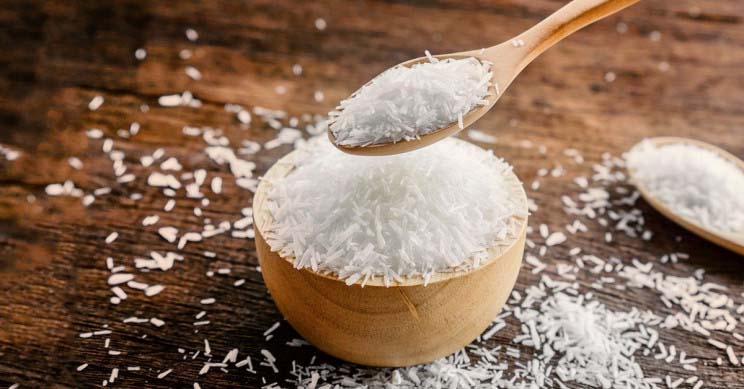Apr. 09, 2021
Rumors of Chinese Restaurant Syndrome
In 1968, a person signed "Dr. Robert Ho Man Kwok" wrote a letter to the New England Journal of Medicine and it was published immediately.
Robert Ho Man Kwok said that whenever he ate in a Chinese restaurant, he would feel a kind of "strange discomfort": numbness of the shoulders and neck, and palpitations.
He speculated that this was because Chinese restaurants used a lot of MSG when cooking.

At first, the letter did not attract much attention.
But six weeks later, the magazine published another 10 articles, 7 of which were from doctors, describing similar symptoms: numbness, headache, and heart palpitations after eating Chinese meals, and they all pointed the finger at MSG.
Although some people made rebuttals at the time, thinking that this view was blessed by national sentiment, the panic about MSG and the rejection of Chinese food still spread.
In fact, this letter that caused a chain reaction came from a boring bet between two young doctors:
Can you publish nonsense articles in a journal like the New England Journal of Medicine?
After the incident, one of them contacted the New England Journal of Medicine several times to tell them the truth, but was refused.
This prejudice against Chinese food and MSG, which was born in the United States, spread, and even back-propagated back to China at the beginning of the 21st century, making the once favored MSG synonymous with "toxic additives."
Monosodium Glutamate that Represents Umami
In 1908, Kikura Ikeda, a professor of chemistry at Tokyo Imperial University in Japan, felt that the kelp and cucumber soup made by his wife was delicious. It had a special taste that was "not scientifically described", which was different from sweet, sour and bitter.
His professional acumen made him quickly research the ingredients, and finally he extracted a chemical substance-sodium glutamate in the seaweed soup.
Professor Ikeda believes that sodium glutamate is the source of umami and named it "Ajinomoto."
Soon this miraculous condiment spread across the ocean to China. A chemical engineer named Wu Yunchu analyzed its composition and found a method of mass production, renamed it "MSG."
The unique umami flavor of MSG makes it popular in the Chinese market.
It's a pity that the good times didn't last long. With the spread of rumors such as "MSG heating causing cancer" and "MSG harmful to health", coupled with the increase of public health awareness, the entire MSG market began to decline.
Is MSG Really Unhealthy?
MSG is really safe.
As early as 1987, the Food and Agriculture Organization of the United Nations and the World Health Organization Joint Expert Committee on Food Additives evaluated MSG and concluded that: As long as it is used legally and reasonably, MSG is safe, and there is even no need to set a limited amount.

It also pointed out that the double-blind crossover study failed to establish the relationship between "Chinese restaurant syndrome" and MSG intake. This so-called "Chinese restaurant syndrome" itself is based on "anecdotes" rather than any science fact.
In the food standards of Australia and New Zealand, the serious adverse effects of MSG are also clearly denied, indicating that MSG is safe for ordinary people.
For the sensitive population of less than 1% of the population, after ingesting a large amount of MSG, symptoms such as headache, numbness, flushing, muscle tension and general fatigue may indeed occur, which is a food allergy.
When monosodium glutamate is heated above 120°C, sodium pyroglutamate may be produced, but it is not carcinogenic. It just makes monosodium glutamate lose its umami taste.
However, both MSG and other freshness enhancers contain a lot of sodium. Although safety can be guaranteed, a long-term high-sodium diet will still increase the incidence of cardiovascular disease.
When deciding to add monosodium glutamate to the dishes, it is necessary to reduce the amount of salt.
MSG is produced through microbial fermentation, and the production process is similar to wine and vinegar, and it is not the legendary "chemical synthesis".
MSG has a strong umami taste of meat. When the solution is diluted to 3000 times, the umami taste can still be felt, and the umami taste will be doubled when added to food.
In 2020, the Webster’s Dictionary finally added and revised the definition of “Chinese Restaurant Syndrome”: "This is an outdated vocabulary. Years of research have failed to establish a clear link between these adverse reactions and MSG. The term'Chinese restaurant syndrome' has been criticized as misleading and potentially offensive."